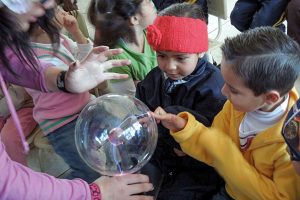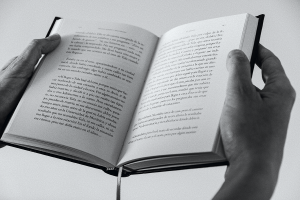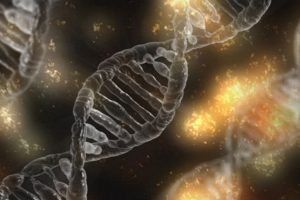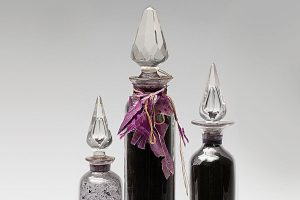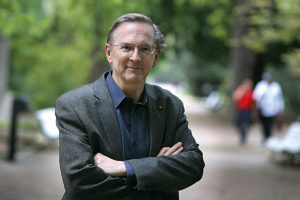Search
Today, citizens interested in science have many ways to access it, from the classic formats of books and journals, to television and radio programmes, to social networks and other internet platforms.
We visit the Institute of Molecular Science (ICMol) of the University of Valencia with José Jaime Baldoví, researcher and director of the 2D Smart Materials group.
Associating feelings of pleasure with dopamine us a common mistake. The process involves many other elements. Humans permanently seek pleasure and the continuous generation of expectations, surprise, and desire.
The Nobel Prize for Chemistry has awarded Emmanuelle Charpentier and Jennifer A. Doudna for the development of CRISPR-Cas9 genetic editing tools. Lluís Montoliu analyses the journey to this award.
Interview with Gunnar von Heijne, secretary of the Nobel Committee on Chemistry (Sweden).
The dye industry was the first far-reaching business sector to be born directly from a scientific discovery. A circumstance that would prove key to making developed nations aware of the implications and start stimulating research.
Recent aerosol technology, the science of acrylic painting, and the mural painters who preceded them were decisive for the emergence of contemporary graffiti
We have to resort to less comfortable and more tangled phrases such as raw material or unprocessed product, because we run the risk that the next time we tell our patients to eat «natural products», they end up buying broth, refined bread or juice.
María Soledad Prats Moya, from the Departament de Química Analítica, Nutrició i Bromatologia of the Universitat d’Alacant, explains.
Interview with Jack Szostak, Nobel Prize in Physiology or Medicine in 2009, along with the molecular biology experts Elizabeth Blackburn and Carol Greider.

